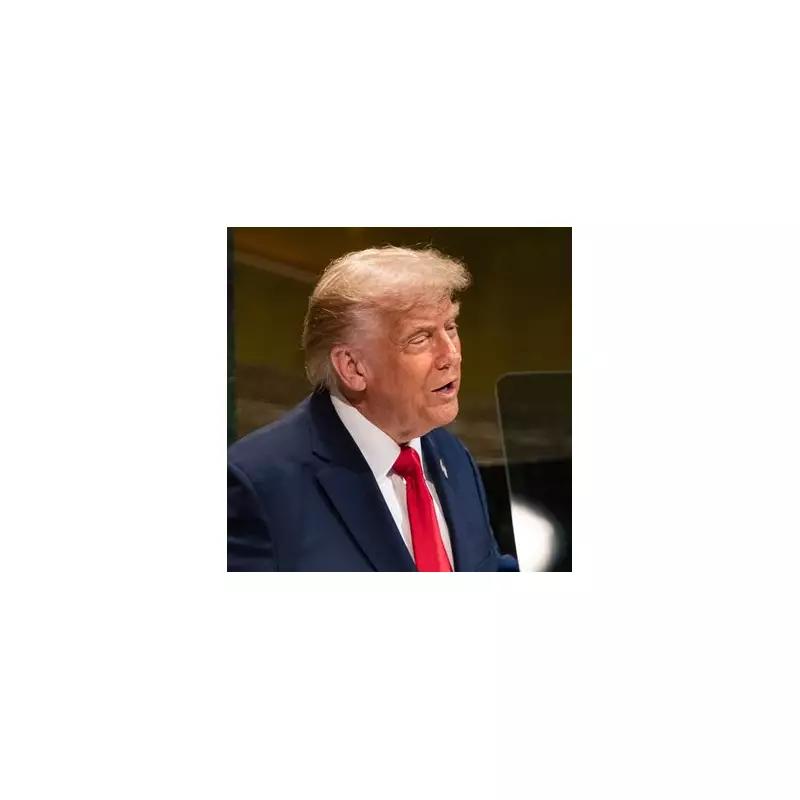
In a remarkable and unified show of force, senior British Cabinet ministers have issued a blistering condemnation of former US President Donald Trump's controversial comments on the Nato alliance. The political firestorm was ignited after Trump recounted a conversation where he claimed to have told a fellow Nato leader he would “encourage” Russia to do “whatever the hell they want” to countries not meeting defence spending targets.
The UK’s Defence Secretary, Grant Shapps, led the charge, delivering a stark rebuttal from the heart of Government. “Let’s be crystal clear: the United Kingdom’s commitment to Nato is absolute and unshakable,” Shapps declared, his statement carrying the full weight of the Ministry of Defence. He emphasised that such dangerous rhetoric only serves to empower adversaries like Vladimir Putin, undermining the very foundation of collective security that has kept the peace for decades.
A Diplomatic Offensive from Whitehall
The Foreign Office, under the leadership of David Cameron, also entered the fray. While opting for the measured language of diplomacy, the message was no less firm. Officials close to the former Prime Minister indicated that Lord Cameron stands firmly behind the principle that Nato membership is a “solemn commitment,” not a transactional arrangement open to negotiation by threats.
This robust response from the highest levels of the UK government signals deep concern in Whitehall about the potential return of a Trump presidency and its implications for global stability. The incident has forced a rapid reassessment of the ‘special relationship’ and highlighted the fragility of international alliances in an era of rising populism.
Ripples Across the Atlantic and Beyond
The fallout from Trump's remarks continues to send shockwaves across European capitals. The comments have been perceived not just as an attack on specific nations but as a direct challenge to Article 5 of the North Atlantic Treaty—the cornerstone clause stating that an attack on one member is an attack on all.
Analysts suggest this public dressing-down from the UK serves multiple purposes:
- Reassuring European Partners: It demonstrates the UK’s unwavering leadership within the alliance post-Brexit.
- Sending a Message to Washington: It makes clear that the UK will not hesitate to defend the international order, regardless of who occupies the Oval Office.
- Domestic Positioning: It allows the current government to appear strong on defence and on the world stage.
As the US election cycle intensifies, this clash underscores the profound geopolitical tensions that lie ahead. For the UK government, the message is simple: when it comes to Nato, there can be no equivocation.





